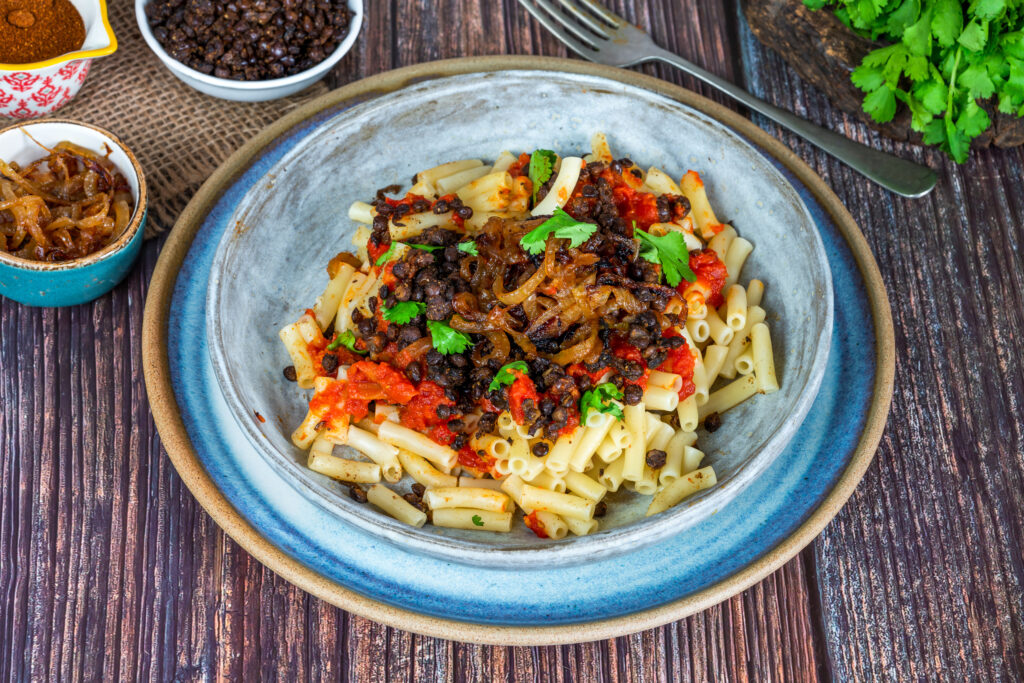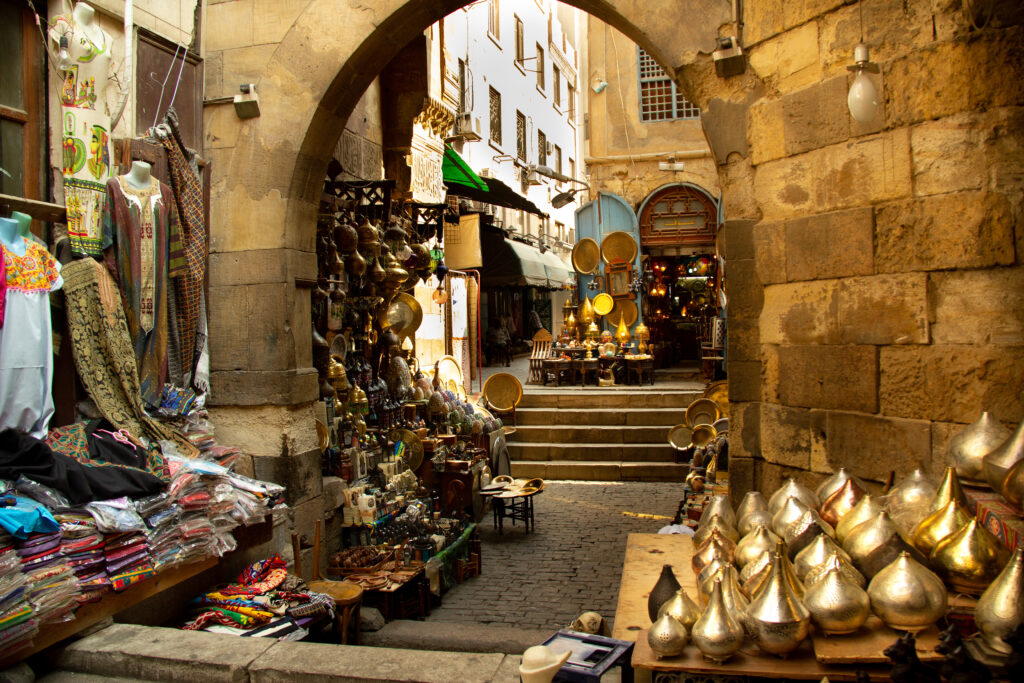This website uses cookies so that we can provide you with the best user experience possible. Cookie information is stored in your browser and performs functions such as recognising you when you return to our website and helping our team to understand which sections of the website you find most interesting and useful.
Cost of travel in Egypt
Read our quick guide to budgeting to keep the costs down on your dream trip to Egypt.
Currency
Egypt’s national currency is the Egyptian Pound, written as EG£. The currency is available in denominations of 1, 5, 10, 20, 50, 100, and 200 notes. The EG£ is divided into 100 piastres (abbreviated to PV). The smaller denominations, both in coin and paper form, are 25 and 50 Piastres.
Although debit and /or credit cards are commonly accepted in most hotels and restaurants, it may be helpful to carry some cash. It is always useful to have notes and coins in smaller denominations, as market stalls do not always have change for larger denomination banknotes.
Average Cost of Food and Drink

A meal in an inexpensive restaurant will cost approximately 200EG£. A cappuccino, approximately 70 EG£.
A meal for two in a midrange restaurant will cost approximately 1000 Egyptian Pounds.
Beer typically costs around EG£70, and a small bottle of water costs around 7 EG£.
As we often find, expect to pay more in hotels.
Tipping etiquette and costs
Tipping is a way of life in Egypt, and a great way to show your appreciation. If in doubt, tip. A minimum of 10% of the bill is considered polite in cafes and expected to pay in restaurants. It is considered polite to tip the shoe attendant at a mosque. On some group tours in Egypt, a tipping kitty will be included for all included activities, accommodation and meals, so you do not need to worry about it. Always check with your tour guide, but feel free to tip regardless.
Bargaining
Egypt is the place to go if you want to shop! Be sure to shop around various shops and stalls, and compare the materials and quality of the goods before you start to negotiate prices with a seller. There’ll be lots of beautifully hand embroidered clothing, art, metal and glass work and jewellery on offer in most of the markets. I found a poetry book that I had been searching for at a street vendor outside a cafe. (My bargain of the entire trip).
Be prepared to haggle, but we ask that our travellers acknowledge fair trade and respect the effort, detail and skill that’s gone into making the product you’re buying.
Don’t get carried away with the art of the haggle, though! For example, bakeries and other food stalls that sell fresh products will not be open to bargaining.

Part of the excitement and adventure of travel is meeting new people and listening to their stories. It is always worth asking the seller about the products they are selling. Their story will add something to yours when you are showing off your bargains to your friends at home.
Duty-free allowance
Individual travellers over 18 years of age can bring a maximum of one litre of alcohol and 200 cigarettes, 25 cigars, or 200 grams of Tobacco for personal use into the country.
Goods not exceeding $200 from the duty-free shops within one month of arrival may be exempted from customs along with all personal effects, as long as it is for personal use.
There is a foreign currency limit of approximately $10,000 (or its equivalent) and a local currency limit of 5,000 Egyptian Pounds that can be brought in or taken out of the country.
Precious items purchased in Egypt, such as Gold and Silver, can only be exported in small quantities if it is clearly for personal use.
All firearms, including sporting guns, narcotics and recreational drugs, are prohibited from being brought into Egypt.
We are passionate adventure travelers who want to share the world and our travel experiences with everyone…
